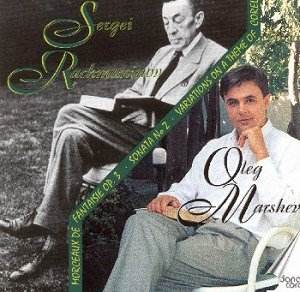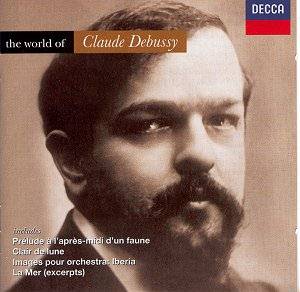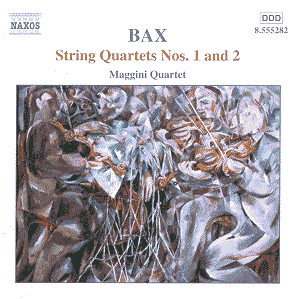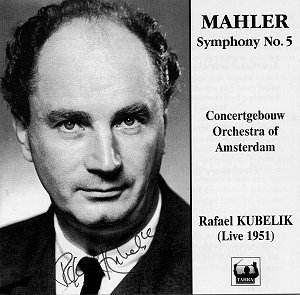 Composer: Sergei Rachmaninov
Composer: Sergei Rachmaninov
Works: Morceaux de Fantasie Op.3, Elégie in Eb minor, Prelude in C# minor, Mélodie in E major, Polichinelle, Sérénade in Bb minor, Piano Sonata No.2 in B flat minor Op.36 (revised version), Variations on a theme of Corelli Op.42
Performers: Oleg Marshev, piano
Recording: Concert Hall, Sønderborg, Denmark, April 1999
Label: DANACORD DACOCD 525
Sergei Rachmaninov’s piano music represents a profound exploration of emotion and technical prowess, bridging the late Romantic traditions and the burgeoning modernist movements of the early 20th century. The collection presented by Oleg Marshev not only encapsulates the evolution of Rachmaninov’s style from his youthful exuberance in the Morceaux de Fantasie to the reflective maturity of the Corelli Variations, but it also serves as a testament to the composer’s enduring legacy and complexity. The selected works cover a span of nearly four decades, offering insights into Rachmaninov’s artistic development and his persistent engagement with themes of mortality and introspection.
Marshev’s interpretation of the Piano Sonata No. 2 is particularly noteworthy. The revised version, completed in 1931, showcases the composer’s intricate contrapuntal writing and emotional depth. Marshev navigates the sonata’s considerable technical demands with remarkable finesse, delivering a performance that is both powerful and nuanced. The climaxes are thrillingly articulated; the opening Allegro is imbued with a tempestuous energy that captures Rachmaninov’s characteristic dramatic flair, while the central movement, marked Lento, is executed with a haunting lyricism that reveals the bittersweet nature of the thematic material. Every dynamic shading is carefully considered, and the climaxes are not merely loud but are architecturally crafted—this is not just about volume, but about the interplay of textures and the unfolding of the narrative.
The Morceaux de Fantasie Op.3, particularly the famous Prelude in C# minor, is an exemplar of Rachmaninov’s early style, rich with lush harmonies and sweeping melodies. Here, Marshev balances the piece’s intrinsic sentimentality with a sense of restraint, avoiding the all-too-common pitfall of excessive romanticism. The Elégie’s opening, with its brooding introspection, evokes a palpable sense of melancholy, almost foreshadowing the darker undertones that would permeate Rachmaninov’s later works. The pianist’s articulation of the flowing melody is seamless, while the contrasting sections maintain a compelling narrative arc.
The Corelli Variations, Rachmaninov’s final piano composition, present a fascinating study in contrast and complexity. Marshev’s interpretation shines through the sparse, almost austere textures that characterize much of this work. The variations exhibit a more Spartan compositional style compared to earlier pieces, a reflection of Rachmaninov’s maturation as a composer. The haunting theme is delivered with a delicate touch, and the climactic moments are crafted with a sense of inevitability, leading to a tranquil conclusion that is both surprising and deeply satisfying. Marshev’s technical control is evident, particularly in the cadenza where the modulation into D flat major offers a moment of ethereal beauty before returning to the gravity of D minor.
The sound quality of this recording is commendable, capturing the clarity and resonance of the piano beautifully. The engineering allows for a wide dynamic range, ensuring that both the thunderous passages and the delicate whispers of Rachmaninov’s music are conveyed with fidelity. Marshev’s performances are complemented by a well-balanced acoustic that enhances the depth of the piano’s voice, allowing each note to resonate fully.
This disc stands as a significant addition to the Rachmaninov discography, particularly given Marshev’s interpretive insight and technical prowess. He joins the ranks of notable interpreters such as Ashkenazy and Biret, yet he brings a fresh perspective that is both engaging and authoritative. The selection of works provides a comprehensive overview of Rachmaninov’s piano oeuvre, making it an essential listen for both enthusiasts and newcomers alike. The combination of Marshev’s artistry and the quality of the recording culminates in a compelling tribute to one of the great composers of the 20th century, affirming Rachmaninov’s status as a titan of the piano repertoire.



